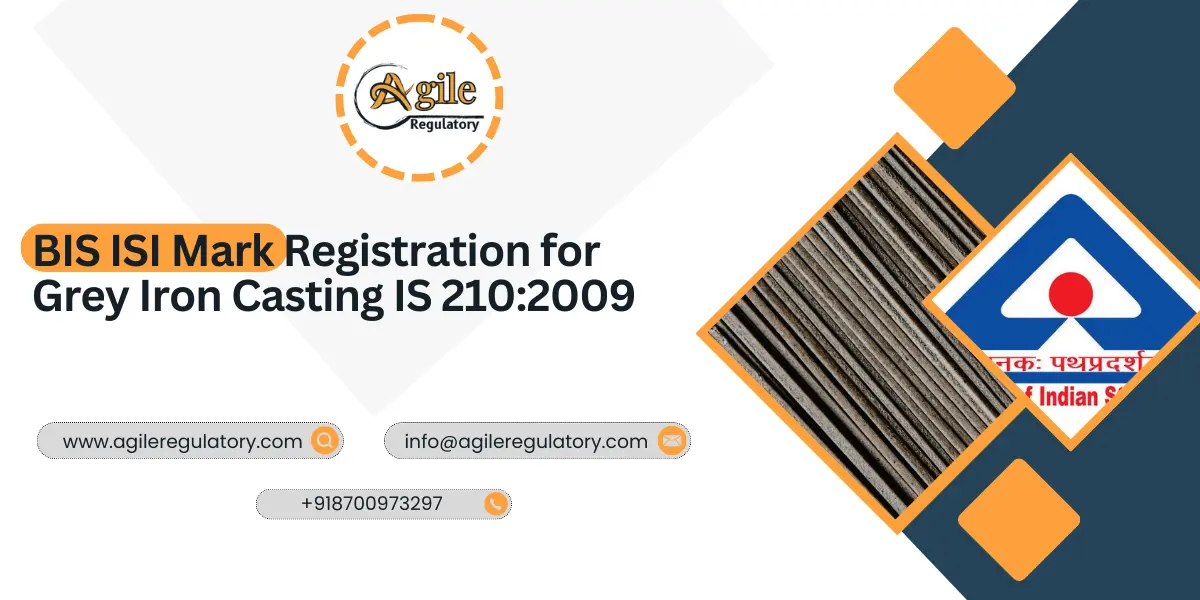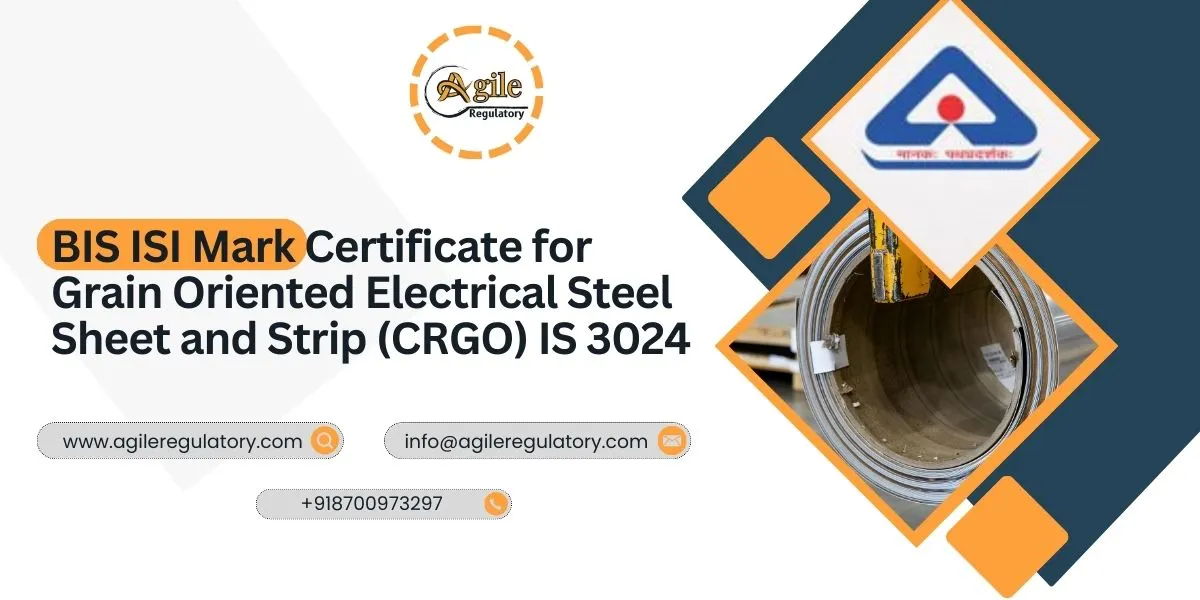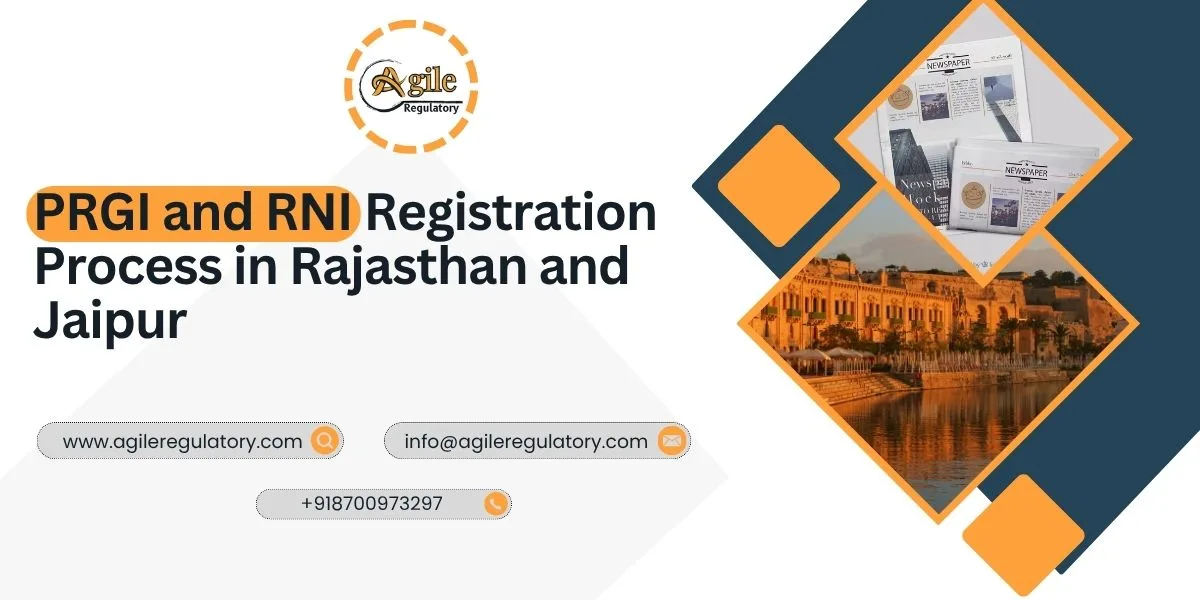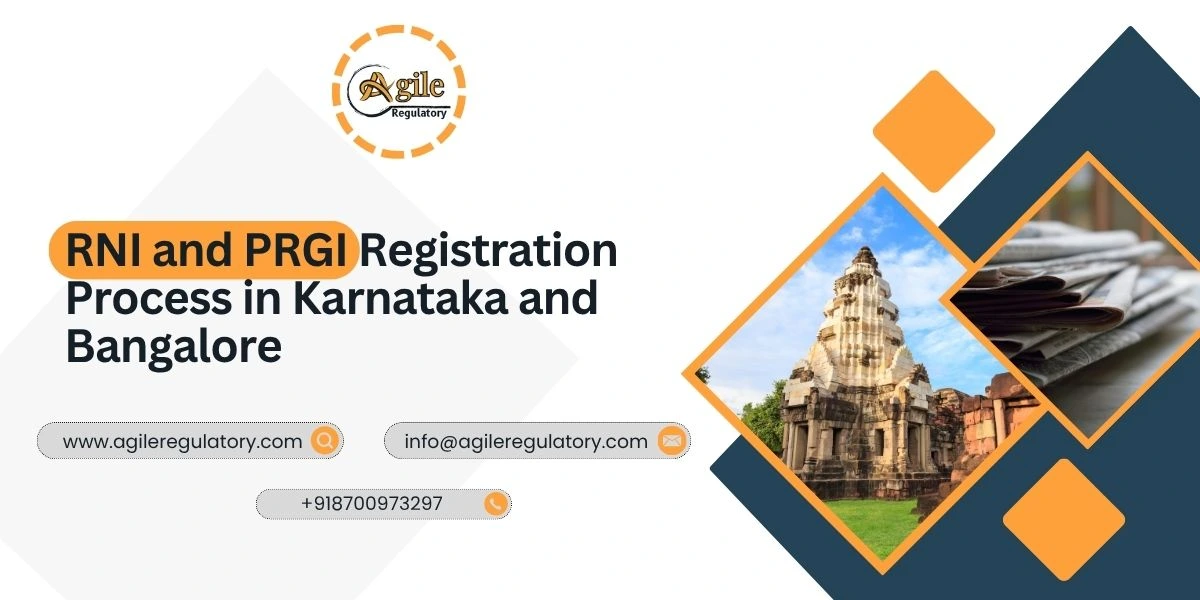
Get Instant Solution By an Expert Advisor
(4.8)


Entrepreneurs often ask for a single figure when budgeting for company registration. They rarely get a straight answer. This is because the cost isn't a fixed price tag on a shelf; it is a sum of variable statutory dues, location-based taxes, and service charges.
If you plan to incorporate a private limited entity in India in 2026, you need to look past the "starting at ₹499" advertisements. Those are marketing hooks, not financial realities.
To budget accurately you must separate your expenses into three buckets. Do not lump them together or you will lose track of where your money is going
For a standard setup two directors and ₹1,00,000 (1 Lakh) capital the total usually lands between ₹7,000 and ₹16,000
Private Limited Company Registration in Delhi
The central government wants more startups. To make this happen, they introduced the SPICe+ (Simplified Proforma for Incorporating Company Electronically Plus) system.
Here is the rule for 2026:
If your Authorized Share Capital is less than or equal to ₹15,00,000 (15 Lakhs), the incorporation filing fee is zero.
The Non-Negotiable MCA Costs:
Even with the waiver you must pay for these distinct items during the SPICe+ submission:
The days of physical signatures are gone. Every director needs a Class-3 Digital Signature Certificate (DSC) to sign the e-forms. The MCA does not issue these you buy them from private certifying agencies.
Advisory: Do not buy a 1-year token. Buy a 2-year or 3-year token. You will need it for annual compliance later, and renewing it every year is a hassle
This is where your budget can break. Stamp duty is a state subject. You pay this tax on your Memorandum of Association (MOA) and Articles of Association (AOA).
State-wise Stamp Duty Estimates (2026).
Calculated on Authorized Capital of ₹1,00,000
| State | Estimated Stamp Duty | Expense Level |
|---|---|---|
| Delhi | ₹360 - ₹400 | Low |
| Haryana | ₹200 - ₹300 | Low |
| Uttar Pradesh | ₹1,500 - ₹2,000 | Moderate |
| Maharashtra | ₹1,000 - ₹1,500 | Moderate |
| Karnataka | ₹1,500 - ₹2,000 | Moderate |
| Kerala | ₹3,000+ | High |
| Punjab | ₹5,000 - ₹6,000 | Very High |
| Madhya Pradesh | ₹7,500+ | Very High |
You cannot file for incorporation yourself. The law requires a practicing CA, CS, or Cost Accountant to certify your identity and documents (Form INC-8).
Professional fees vary wildly based on service levels.
Entrepreneurs often confuse "Authorized Capital" with "Paid-up Capital."
Fees are calculated on Authorized Capital.
If you start with ₹1 Lakh, you pay minimum stamp duty and zero MCA filing fees.
If you start with ₹20 Lakhs, you lose the fee waiver, and your stamp duty multiplies.
Strategy: Start with ₹1 Lakh or ₹10 Lakhs authorized capital. Increase it later when you actually need to raise funds. There is no benefit to keeping it high on day one unless you have immediate funding hitting the bank.
Your spending does not stop when you get the Certificate of Incorporation. The government mandates immediate compliance steps that carry their own costs. Budget for these in your first month:
GST Registration for Private Limited Company
In 2026, registering a Private Limited Company is streamlined but strictly regulated. Pay attention to the Stamp Duty of your state and keep your Authorized Capital at the threshold of ₹1 Lakh to ₹10 Lakhs to optimize your initial spend. Managing these costs can be complex get in touch with Agile Regulatory to simplify the process

 Nishi Chawla
Nishi Chawla
25 Nov, 2025

 Nishi Chawla
Nishi Chawla
22 Nov, 2025

 Nishi Chawla
Nishi Chawla
22 Nov, 2025

 Nishi Chawla
Nishi Chawla
20 Nov, 2025

 Nishi Chawla
Nishi Chawla
20 Nov, 2025

Get Instant Solution By an Expert Advisor
(4.8)
We simplify compliance through a proven 4-step process: Consultation, Documentation, Submission, and certification. From understanding requirements to getting final approvals, we deliver a smooth, timely, and fully compliant journey for your business.
What our customer says about us
Fantastic support from the team. Their expertise transformed our approach, driving remarkable outcomes. A must-have partner for businesses seeking effective consulting solutions. Highly recommended.

KTPL Instruments
Agile Regualtory delivers exceptional solutions. Their insightful guidance streamlined our processes and boosted profitability. Highly recommended for businesses seeking expert consulting services to thrive.

Justrack IOT
Impressed by Agile Regulatory's expertise. Their strategic insights and practical solutions have elevated our business operations. A reliable partner for effective consulting services. Highly recommended for growth-focused businesses.

Coaire Compressor
Extraordinary consulting services. Their insightful solutions and dedicated team reshaped our business, driving remarkable improvements. Highly recommend it for transformative results.

Easy Polymer
Incredible experience with Agile Regulatory. Their innovative strategies and expert advice revitalized our business model, resulting in impressive growth. Highly recommend their exceptional consulting services.

Tarus International
Top-tier consulting! offered strategic solutions that revolutionized our approach. Their deep expertise and personalized guidance made a significant impact on our success. Highly recommend their services.

Anchor Weighing
Agile Regulatory exceeded expectations! Their tailored solutions, expertise, and proactive approach led to remarkable results. Highly recommend for businesses seeking impactful and strategic guidance.

AM Capacitor
Outstanding service! delivered targeted solutions with professionalism and expertise. Their insights elevated our business strategies, resulting in noticeable growth. Highly recommended for exceptional consultation.

Imaxx Pro Aquistic
Leave a Reply
Your email address will not be published. Required fields are marked *